
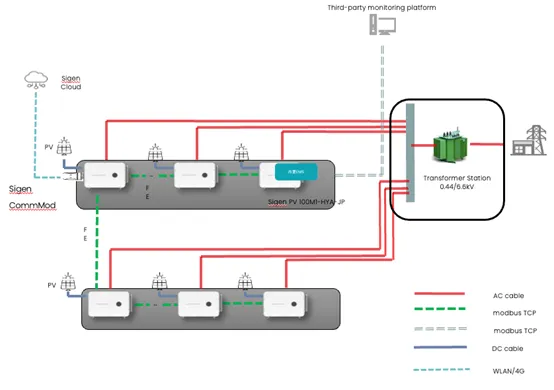
Shigu Energy: Pioneering Innovations in Japan's Solar Storage Market
Shigu Energy: Pioneering Innovations in Japan's Solar Storage Market
As the global energy transition accelerates, the introduction of smart and digitalized energy solutions is becoming crucial for industry development. Recently, Shigu Energy announced its entry into the Japanese market, aiming to expand its global operations.
Japan stands as one of the world’s top energy consumers and a hub for technological innovation. With major solar storage system manufacturers competing in this strategic market, Japan's government has initiated a 'Green Growth Strategy' with the ambitious goal of achieving carbon neutrality by 2050. In response, Shigu Energy is dedicated to enhancing Japan’s sustainable low-carbon growth through safe, smart, intuitive, and efficient distributed energy solutions, thus shaping a new future for the energy sector.
Company Overview
Shigu Energy is an innovative leader specializing in new energy storage technologies, particularly in stackable, distributed solar storage solutions. The company is projected to achieve a global market share of 24.3% by the first half of 2024, positioning it among the largest enterprises in this field.
Founded by Xu Yingtong, who brings over 20 years of experience in the photovoltaic and new energy sectors, Shigu Energy combines power electronic technologies with AI innovations to develop advanced integrated solar storage solutions.
Global Expansion
In just the last three years, Shigu Energy has expanded operations to over 60 countries, successfully securing a top-two position in markets like South Africa, Sweden, and Belgium. Currently, the company collaborates with nearly 100 distributors to establish a global network for intelligent energy services.
Core of Technological Innovation
Cloud-Native Infrastructure
By implementing a three-tier architecture comprising cloud, edge, and device technologies, Shigu Energy ensures rapid deployment and scalability of their solutions. Leveraging AI algorithms in Battery Management Systems (BMS), potential risks can be detected in real-time, significantly enhancing safety measures.
AI-Driven Services
With the integration of ChatGPT-4 powered support robots, immediate assistance is provided. The proactive identification and automatic analysis of faults maintain service continuity while monthly software updates optimize user experience.
Competitive Advantages of Japan-Specific Solutions
1. Integrated Solar Storage Systems (6MWdc/2MWac/8MWh)
- DC Coupling Design: Reduces losses during AC conversion, enhancing system efficiency by up to 2%.
- Lightweight and Compact: Inverter weight reduced by 19% to just 75kg, allowing for the installation of 165 units in a 40-foot container.
- Rapid Installation: Modular design allows for set-up in under an hour; automatic recognition communication enables adjustments in just 15 minutes.
- Maintenance-Free: With an IP66 sealing design, these systems require no maintenance, and faulted modules can be replaced in under two hours.
2. Pure Photovoltaic Systems (Under 2MW)
- 1250V DC Voltage Technology: Achieves over 15% reduction in string count compared to traditional solutions while improving generation efficiency.
- 500m AFCI Protection: Provides the highest level of fire prevention capabilities in the industry.
3. Pure Storage Solutions (2MW/8MWh)
- Six-Layer Safety Protection: Independent fire control devices for every 12kWh ensure accelerated heat-escape suppression within 60 seconds.
- Flexible Scalability: Capacity can be adjusted in increments of 12kWh, ranging from 50kWh to 8MWh as needed.
4. Self-Consumption Solutions
- 5-in-1 Integrated PV Storage System: Combines a photovoltaic inverter, storage system, and EV charging into a single unit.
- V2H Compatibility: Utilization of EVs as mobile power sources ensures reliable emergency power supply.
Commitment to the Japanese Market
Shigu Energy is committed to delivering smart green energy solutions tailored to the Japanese market. By leveraging government policies and technological innovations, the company aims to optimize energy costs and enhance power management for residential, commercial, and industrial users, thus contributing to a more sustainable energy ecosystem in Japan.
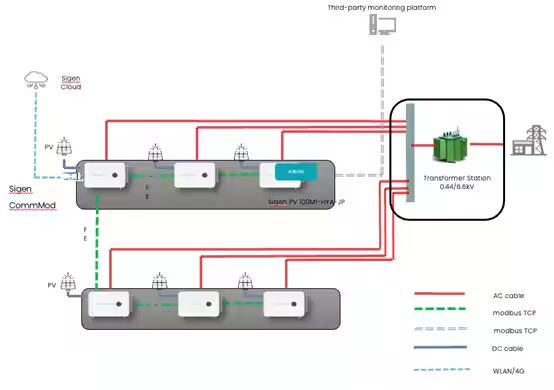
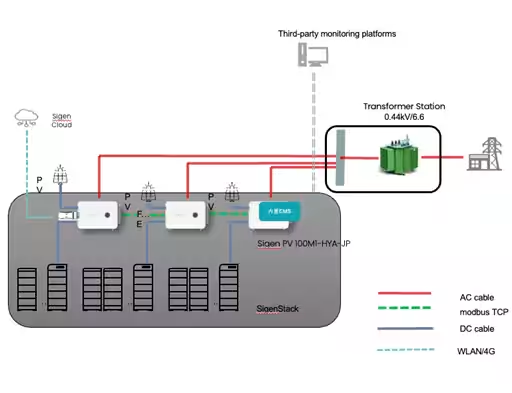
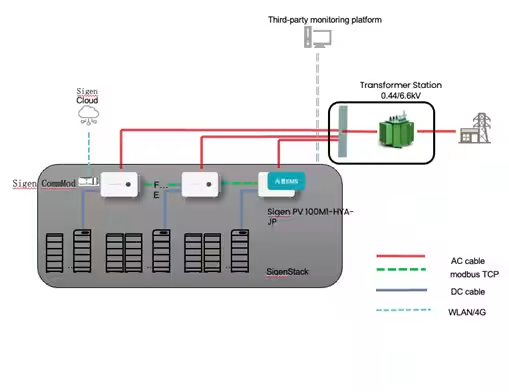
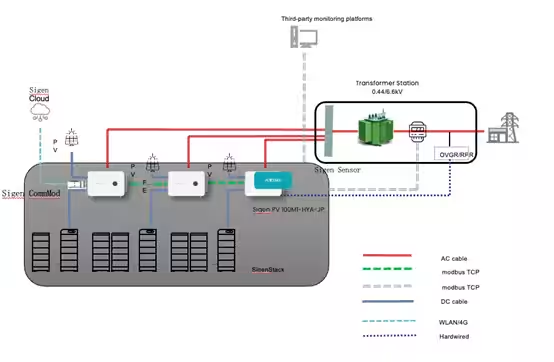
Topics Energy)










【About Using Articles】
You can freely use the title and article content by linking to the page where the article is posted.
※ Images cannot be used.
【About Links】
Links are free to use.